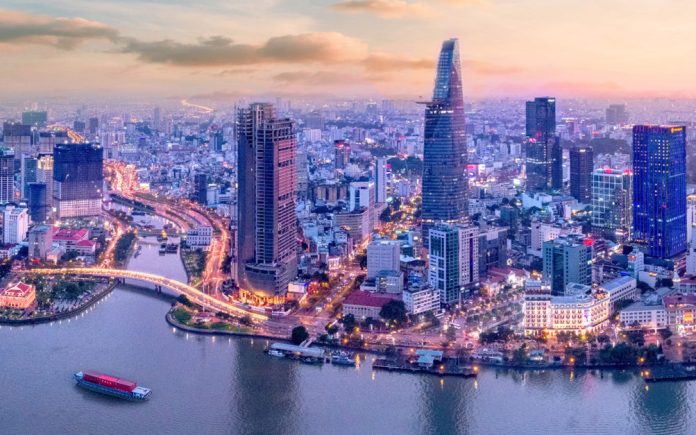According to the annual Cost of Living survey by global consultancy Mercer, Hong Kong, Singapore, and Zurich are the three most expensive cities in the world for foreign workers in 2023. The survey compared the prices of 200 goods and products in over 400 cities. Geneva, Basel, and Bern, all located in Switzerland, also rank among the top 10 most expensive cities.
New York City is the most expensive city in the Americas and ranks sixth globally. Tel Aviv in Israel is the eighth most expensive city, making it the costliest in the Middle East. Copenhagen and Nassau in the Bahamas round off the top 10.
The report noted that aggressive national monetary policies, tightening global financial conditions, and the Russia-Ukraine crisis have led to slower income growth and rising unemployment in many economies. Additionally, inflation, exchange rate fluctuations, and the emergence of more contagious Covid-19 variants have impacted expatriate salaries and savings.
Inflation is expected to drop globally to 7 percent in 2023 and further decrease to 4.9 percent in 2024. However, inflation is projected to remain persistent in the Middle East and Central Asia, with the wider Mena region expecting inflation levels of around 15 percent this year.
Dubai climbed to the 18th spot from 31st last year, while Abu Dhabi rose to 43rd from 61st in the rankings. Rental costs significantly influenced the rankings, particularly in Singapore and Dubai.
The survey also highlighted that some Middle Eastern organizations are adjusting their remuneration packages by increasing bonuses instead of raising base salaries, aiming to enhance total compensation without long-term commitments.
The cheapest places for expatriates to live include:
- Islamabad and Karachi in Pakistan
- Havana in Cuba
- Bishkek in Kyrgyzstan
- Dushanbe in Tajikistan.
Mercer’s survey helps determine the cost of packages for employees on international assignments, considering factors such as currency fluctuations, cost inflation for goods and services, and accommodation expenses. It evaluates more than 200 components, including housing, transport, utilities, food, domestic supplies, and entertainment.


